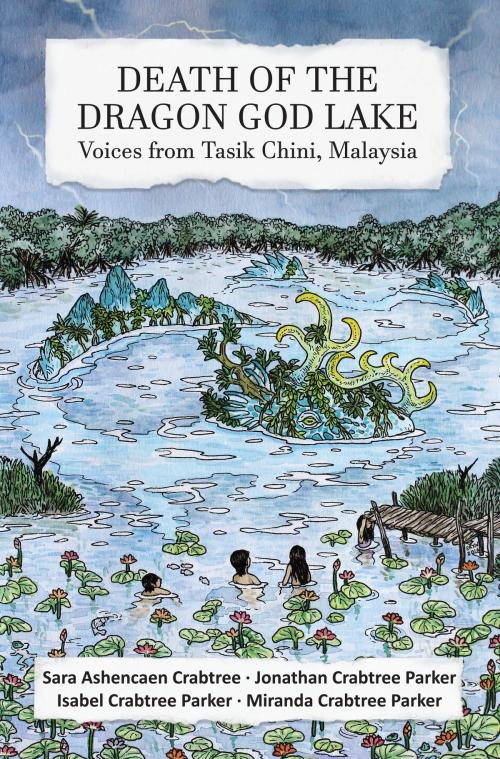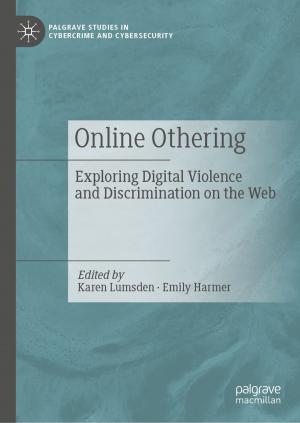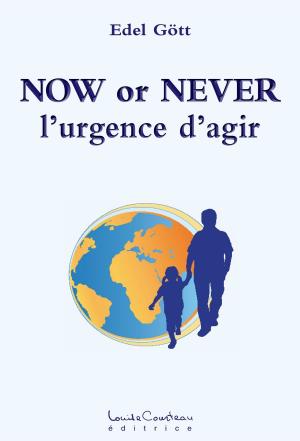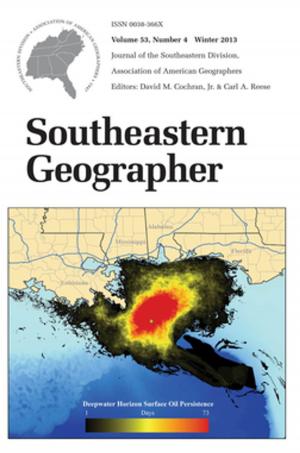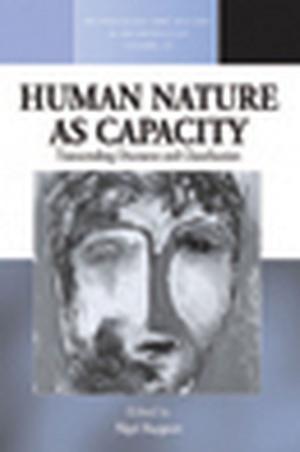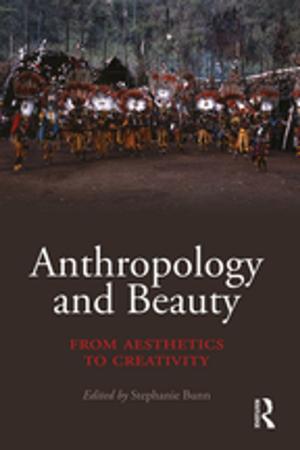Death of the Dragon God Lake: Voices from Tasik Chini, Malaysia
Nonfiction, Social & Cultural Studies, Political Science, Government, Public Policy, Social Science, Anthropology| Author: | Isabel Parker | ISBN: | 9789670960524 |
| Publisher: | Gerakbudaya London Ltd | Publication: | March 8, 2017 |
| Imprint: | Smashwords Edition | Language: | English |
| Author: | Isabel Parker |
| ISBN: | 9789670960524 |
| Publisher: | Gerakbudaya London Ltd |
| Publication: | March 8, 2017 |
| Imprint: | Smashwords Edition |
| Language: | English |
Death of the Dragon God Lake is a family ethnography focusing on the Jakun of Tasik Chini, Malaysia, and their contemporary struggles. The Orang Asli West Malaysia's indigenous people - comprise only 0.6 percent of the country's total population, and within this group, the Jakun of Tasik Chini number around 500. While recent decades have seen efforts to 'modernise' them, this official spin cloaks the denial of Orang Asli self-determination and the concurrent damage being done to their traditional land. As part of their condensed ethnography, the authors conducted interviews and field discussion groups, observed the adults and children living around Tasik Chini, and gathered information about their lives today and how they compare with the recent past. The lake is polluted, the children unable to swim in it as their parents did, and the natural beauty of the surroundings has been eroded, having an impact on tourism as well. With awareness of their position as foreign anthropologists, the authors examine the contradiction between the authorities' and indigenous narratives, and reveal the efforts made by Tasik Chini community members to improve their situation on their own terms.
Death of the Dragon God Lake is a family ethnography focusing on the Jakun of Tasik Chini, Malaysia, and their contemporary struggles. The Orang Asli West Malaysia's indigenous people - comprise only 0.6 percent of the country's total population, and within this group, the Jakun of Tasik Chini number around 500. While recent decades have seen efforts to 'modernise' them, this official spin cloaks the denial of Orang Asli self-determination and the concurrent damage being done to their traditional land. As part of their condensed ethnography, the authors conducted interviews and field discussion groups, observed the adults and children living around Tasik Chini, and gathered information about their lives today and how they compare with the recent past. The lake is polluted, the children unable to swim in it as their parents did, and the natural beauty of the surroundings has been eroded, having an impact on tourism as well. With awareness of their position as foreign anthropologists, the authors examine the contradiction between the authorities' and indigenous narratives, and reveal the efforts made by Tasik Chini community members to improve their situation on their own terms.
